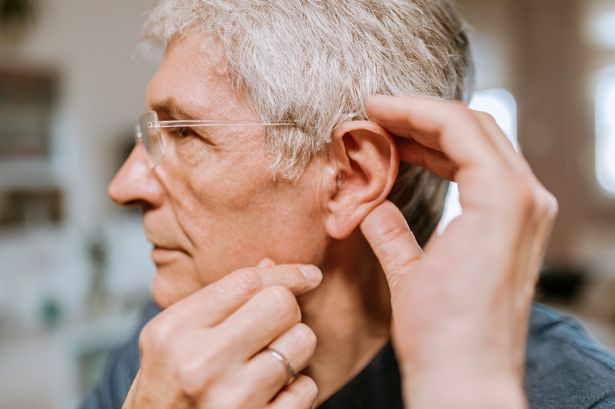A brief annual hearing assessment may play a crucial role in reducing the risk of developing dementia. Research indicates that addressing untreated hearing loss could significantly lower the chances of cognitive decline. In fact, studies have found that hearing loss is the most substantial modifiable risk factor associated with dementia.
According to Alzheimer’s Research UK, if individuals proactively manage or prevent hearing loss, it could result in seven fewer cases of dementia for every 100 people who would otherwise develop the condition. In the UK alone, over 18 million people, or one in three, experience some form of hearing loss. Alarmingly, many delay seeking assistance for an average of 10 years, with around 3 million living with untreated hearing loss.
Dementia currently affects nearly 1 million individuals in the UK and stands as the leading cause of death in the country, according to the Office for National Statistics. Despite the prevalence of both conditions, the connection between hearing loss and dementia remains under-discussed among the public.
Research Highlights Critical Relationship
The Lancet Commission on Dementia identifies midlife hearing loss as the largest modifiable risk factor for dementia, surpassing other known factors such as smoking, social isolation, and lack of physical activity. Further studies show that those at greater risk of cognitive decline who utilize hearing aids experience a 48 percent reduction in their likelihood of progressing from mild cognitive impairment to dementia.
Untreated hearing loss is thought to create additional strain on the brain, making it increasingly difficult to participate in conversations, particularly in noisy settings. Over time, this cognitive load can lead to social withdrawal, loneliness, and a decline in overall quality of life. Hearing aids can alleviate this burden by allowing for easier communication, helping individuals remain socially engaged and physically active.
Karen Shepherd, director of hearing health care development at Boots Hearingcare, emphasizes the importance of addressing hearing loss. “There is a lot of talk and emerging evidence about the association between hearing loss and dementia; however, currently, there is no strong evidence to suggest one causes the other. What we do know is that hearing aids have no negative impact on cognition and using hearing technology to hear well can have a profound, positive effect on quality of life.”
Shepherd notes that many patients struggling with hearing loss often experience social withdrawal and decreased confidence. In some cases, they may even be misdiagnosed with early cognitive decline. “But once they’re fitted with hearing aids, it’s like their world opens up again. They’re more engaged, more connected, and often their families notice real improvements in mood, memory, and communication. It’s not just about hearing better; it’s about living better.”
Other Risk Factors for Dementia
The Lancet also highlights additional factors that can increase the risk of dementia, including lower education levels, high blood pressure, obesity, smoking, depression, social isolation, physical inactivity, diabetes, excessive alcohol consumption, traumatic brain injury, and air pollution.
Recognizing the symptoms of dementia is essential, and individuals who notice warning signs in themselves or others are encouraged to consult a healthcare professional promptly. By taking proactive measures, such as regular hearing tests and addressing hearing loss, individuals can potentially reduce their risk of developing this debilitating condition.
